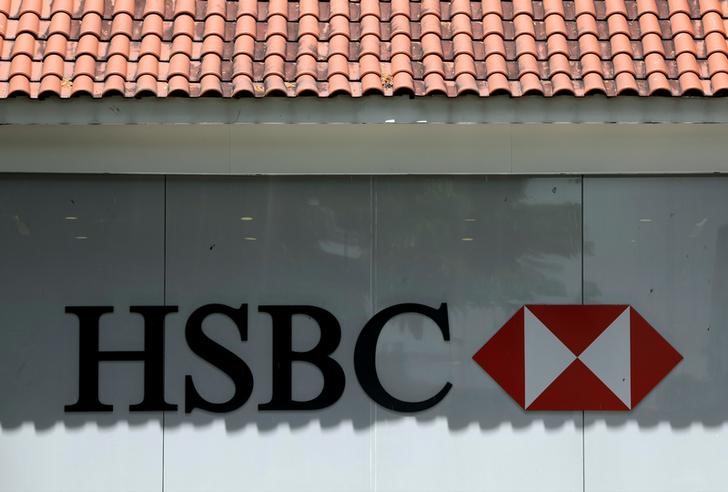
The elevation in trade tensions between the U.S. and China may have dominated headlines in recent months, but a tariff war is not the most pressing concern for Beijing, according to one research firm.
Rather, more domestic concerns are seen to be taking priority, London-based consultancy TS Lombard said in a research note last week.
“For the Chinese leadership, stabilizing the domestic economy, pursuing the ‘Made in China 2025’ modernization program, defending the power structure constructed by [Chinese President] Xi Jinping and pursuing the global ambitions set out by the Communist Party take precedence over the trade war with the U.S.,” Jonathan Fenby, China research chairman at TS Lombard, wrote in the note.
Still, the trade dispute, which has roiled global markets and unsettled the business community in recent months, has had an impact. Fenby acknowledged that news flow out of the White House has “disrupted Beijing’s planning and made it reluctant to enter into a re-run of the spring negotiations” that U.S. President Donald Trump had “overturned.”
Tensions have ratcheted higher since bilateral trade talks between the two countries fell through, although there has been at least one attempt to restart negotiations.
Against that backdrop, Trump earlier this month asked trade officials to consider increasing proposed tariffs on $200 billion worth of Chinese goods to 25 percent, from an initially announced 10 percent rate. The move came on the back of the weakening of the yuan, which has slid some 6.5 percent against the dollar since June.
China said on Friday it would impose duties on $60 billion in U.S. imports, with rates ranging from 5 percent to 25 percent, if the U.S. went ahead with putting more tariffs on Chinese goods.
Amid the brinkmanship, analysts have said that China could be the party that’s less likely to back down due to the government not being constrained by domestic political pressures in the same way a U.S. administration is.
Another reason that Beijing is expected to hold out has to do with the country’s leadership, which has put its faith in the strength of a Party-led system to carry out the conflict, Fenby wrote. That made it “even more essential … to avoid any weakening of their ruling mechanism by bowing to U.S. calls for less state involvement,” he added.
“Defending the Party State is the top priority for Xi and will frame the leadership’s resistance to U.S. demands that would strike at the power structure they head.”
TS Lombard, meanwhile, was fairly sanguine on the impact of the trade war on growth prospects.
“The impact of Trump’s trade war on growth will be manageable. Chinese growth was already headed towards slower growth, but proactive fiscal and monetary policies should keep aggregate demand well supported,” it said in a note. “However, given the prospect that the trade conflict will drag out into next year owing to new tariffs and retaliations, policy will undoubtedly remain fluid.”
The investment strategy research firm sees growth in China coming in at a slower rate of 6.3 percent in the second half of the year, for an average full-year growth of 6.5 percent. The world’s second largest economy posted second-quarter GDP growth of 6.7 percent in July.
Equity markets, for the time being, are expected to remain under pressure due to the escalation in the trade dispute, TS Lombard said. The benchmark Shanghai Composite was down more than 17 percent in the year, as of Friday’s market close.

